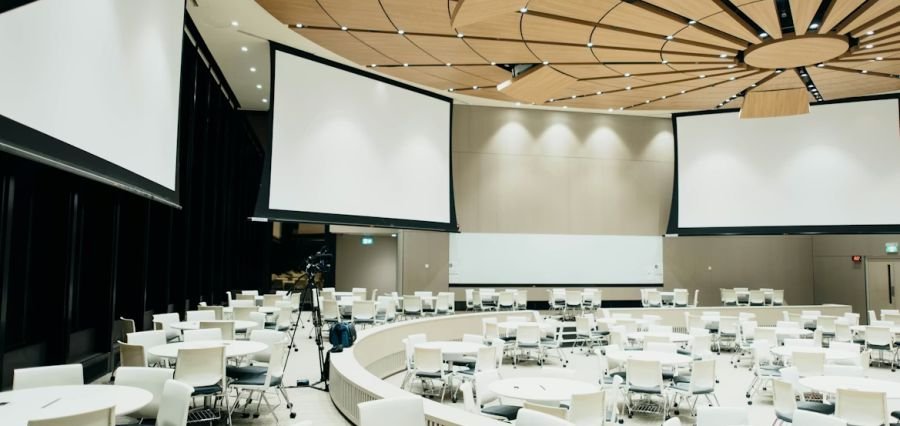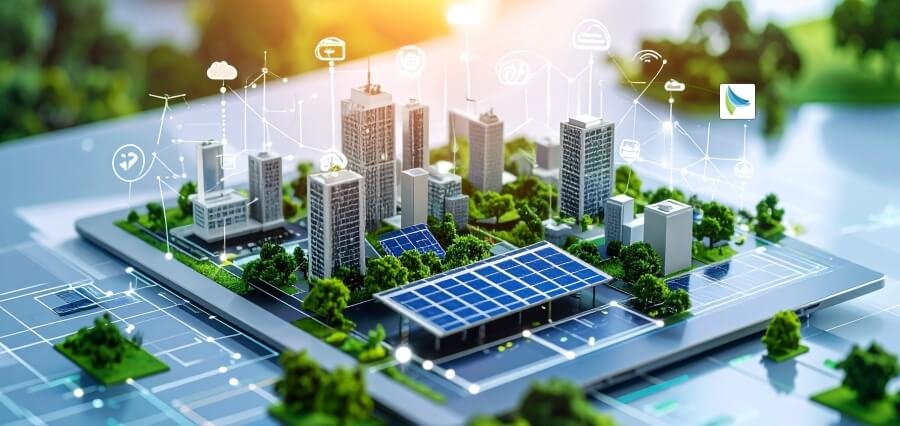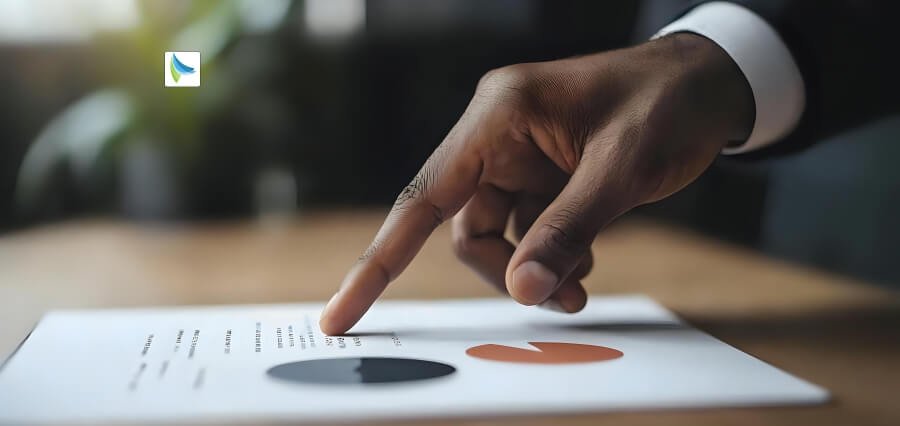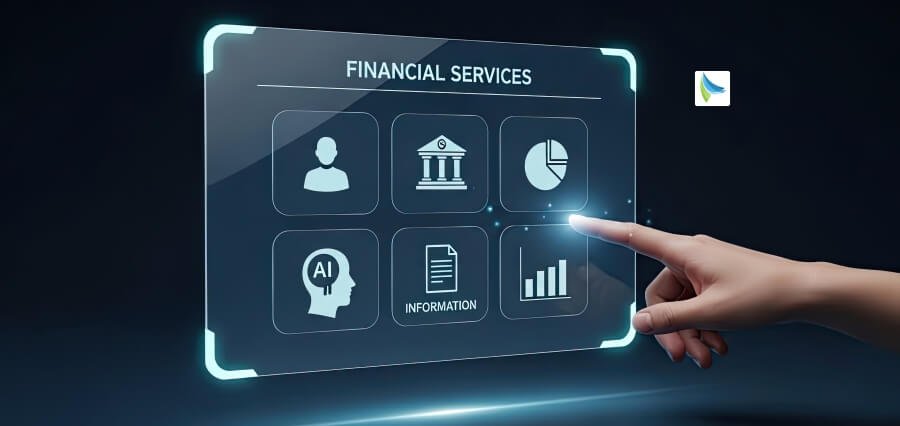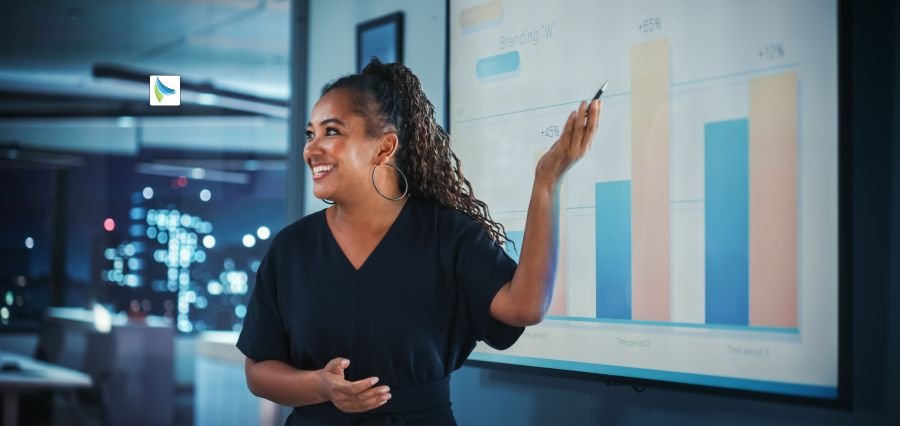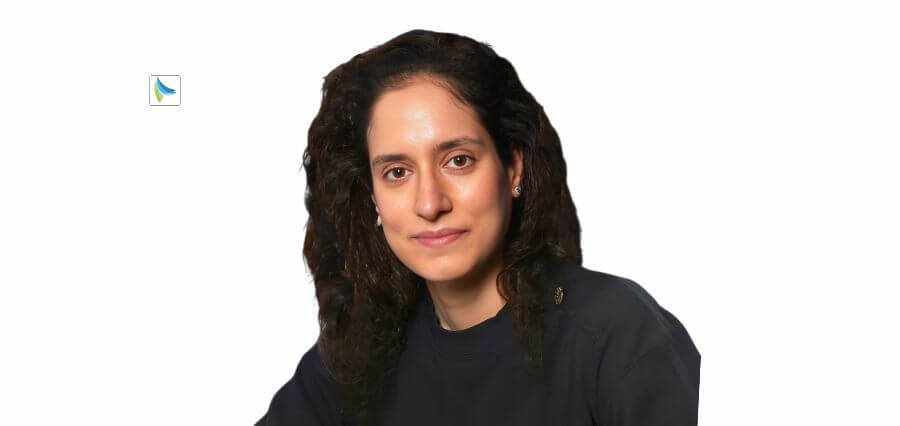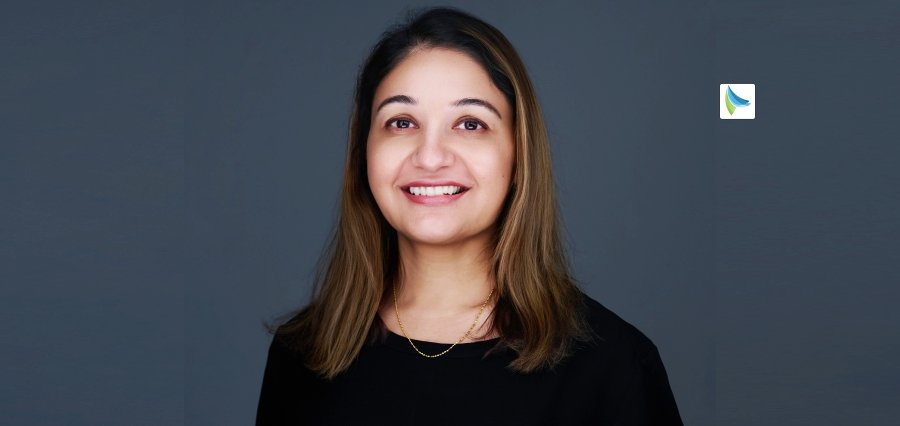With the United Arab Emirates (UAE) being in the process of growing its economy and increasing its competitiveness on the international stage, procurement has now emerged as a leading driver for national development. The days are over when procurement was restricted to cost control, and transactional efficiency as procurement plays a central role now in driving innovation, sustainability, and resilience in the public and private sector. With a changed world led by vision-based aspirations like the UAE Centennial 2071, procurement leaders must reinvent themselves to meet the needs of a digitally empowered, highly interconnected, and green economy.
The needs of future procurement leaders in the UAE are not merely a business need—it’s a national need. They must rebalance thinking, design, and capabilities to connect procurement to more ambitious economic transformation goals, from industrialization and infrastructure development to clean energy and digitalization.
From Operational to Procurement Leadership
Procurement was traditionally transactionally—compliance, tendering, and price negotiation. Today, next-gen UAE leaders are likely to behave as strategic business partners. That is to link procurement objectives with national and corporate strategy, understand market behavior, and deliver value throughout the supply chain.
The shift to strategic procurement requires leaders who are able to think end-to-end throughout the enterprise, collaborate with C-suite stakeholders, and anticipate shifts in demand, regulatory, and international supply markets. These leaders need to provide commercial insight and meaningfully contribute to investment, risk, and sustainability choices.
Adopting Technology and Data
Digitalization is the cornerstone of the UAE’s Vision 2031, and procurement is no exception. The confluence of AI, blockchain, predictive analytics, and smart contracts is transforming how procurement functions are performed—from vendor qualification and contract management to spend analysis and risk management.
The next-generation procurement leaders therefore must be technologically aware. They must lead the adoption of new technology, lead change management, and make real-time data-driven decisions. In today’s highly technological world in the UAE, particularly in sectors such as logistics, building, and healthcare, the capability to leverage data and automation as an enabler.
Upskilling in digital procurement technologies, e-sourcing solutions, and intelligent SRM platforms is imperative. Beyond technologies, leaders must understand how to obtain insights, maximize performance, and make digital strategy function effectively with human judgment.
Building Resilience in an Active Supply Environment
COVID-19 pandemic, local turbulence, and global geopolitics have highlighted the need for supply chain robustness. For the UAE as a key re-export center and gateway for trade, the assurance of supply chains’ adaptability and robustness is of strategic importance.
The next generation of procurement leaders will need to have the ability for risk management, diversification of the supply base, and scenario planning. These include identification of areas of supply chain risk, creating alternative sourcing bases for suppliers (geographic and global) and engaging in partnerships with regulators to obtain unconstricted flows of trade. The drivers of domestic manufacturing and localization of supply, fueled by national industrial policies, also necessitate leaders to have the capacity to create sustainable, locally-tailored procurement systems.
Sustainability as a Leadership Imperative
Through plans like the UAE Net Zero 2050 strategy and expansion of ESG investing, procurement is increasingly being recognized as a force for sustainable development. Future generations of leaders should incorporate ESG considerations into the evaluation of suppliers, procurement, and performance measurement.
This is not compliance-driven–it is creating long-term value. Sustainable procurement creates reputation through the brand, reduces environmental footprint, and delivers convergence to international investor expectations. Leaders in the UAE need to gain capability in the fields of sustainability reporting, ethical procurement, and green procurement practice in order to lead in advance of regional and global best practice.
With its attention on hosting international forums such as COP28, the priority on being a climate leader further put the UAE in the lead—prioritizing sustainability skills at the top of procurement leadership development.
Talent Development and Localization
Empowering future procurement leaders in the UAE also requires investing in local human capital and creating proper career progression streams. With the Emiratisation drive gaining prominence, more efforts are being directed towards finding, developing, and channeling Emirati procurement experts in government agencies and private industry.
Cultivating great procurement leadership is achieved by crossing technical skills to focus on soft skills like negotiation, cross-cultural communications, and stakeholder management. Mentorship initiatives, global certification (like CIPS and PMP), and executive coaching can equip emerging leaders with the competencies needed to handle complexity and build high-performance teams.
An effective talent pipeline guarantees continuity in procurement change efforts while supporting the UAE vision of developing a knowledge-based economy.
Collaboration and Ecosystem Mindset
Procurement is no longer an isolated function—a technology-driven field fueled by ecosystems. The leaders must work together across industries, engage with startups, technology suppliers, and universities, and engage in policy discussion. Free zone-sovereign-multinational collaborations offer platforms for collaborative innovation within the highly integrated ecosystem of the UAE.
Future procurement professionals need to adopt an ecosystem procurement leadership approach—facilitating value co-creation, sparking innovation in suppliers, and leveraging collective intelligence. It is best suited for high-impact sectors like aviation, energy, logistics, and infrastructure where procurement intersects with national development goals.
Conclusion: Procurement Leadership Fit for the Future
The UAE is building its future with dint of vision-inspired boldness, investment-inspired visions, and an innovation and sustainability culture. Thus, procurement leadership must transform—not gradually but fundamentally. It must be given a new definition of competencies, embrace digital transformation, and hold values of ethics, strategy, and co-creation of value.
As businesses strategize for the future, developing tomorrow’s procurement leaders is not only a question of talent—it’s a competitiveness imperative. They not only propel operational excellence but facilitate the development of the resilient, sustainable, and future-proof economy that the UAE is constructing.
Read More: Essential Skills for Modern Procurement Leadership Excellence

